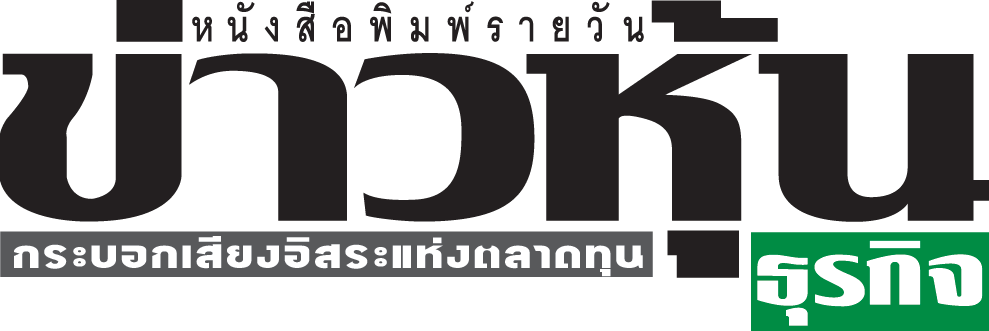
BOT Points Out an Increase Number of Relocation Base to Thailand amid Economic Slowdown
BOT Reveals Automotive and Agro-Manufacturing Products Are Still Growing as well as relocation base to Thailand, Despite Economic Slowdown.
In September 2019, the Thai economy continued to be on a decelerating trend. The value of merchandise exports continued to contract, consistent with the economic slowdown of trading partners. Manufacturing production and private investment indicators deteriorated. Private consumption indicators expanded at a similar pace compared with the previous month. Nonetheless, public spending rebounded from capital expenditures. The tourism sector also continued to expand mainly thanks to an increase in the number of Chinese and Indian tourists.
On the stability front, headline inflation edged lower on the back of falling energy prices and core inflation. The seasonally adjusted unemployment rate remained unchanged; however, the number of employed persons continued to decrease. The current account registered a smaller surplus from trade balance. The capital and financial account posted a deficit from the asset position.
The value of merchandise exports dropped by 1.5 percent from the same period last year. Excluding gold, the value of merchandise exports continued to contract for the eleventh consecutive month at 3.3 percent. This was a result of 1) the economic slowdown of trading partners; 2) the continued downturn in electronic cycle; and 3) the contraction of global crude oil prices.
Nevertheless, the value of exports expanded in some categories, including automotive and parts, agro-manufacturing products, and electrical appliances, due to the low base effect and the benefits of substituting exports to the US and China, as well as the relocation of production base to Thailand.
Overall economic activities in the third quarter of 2019 were on the decelerating trend. The value of merchandise exports excluding gold which continued to contract had more impacts on domestic economic activities. Private consumption indicators grew at a slower pace in almost all categories.
Consequently, manufacturing production and private investment indicators contracted. Only public spending and the tourism sector continued to expand well, partly due to the low base effect from the tour boat incident in Phuket last year. On the stability front, headline inflation declined on the back of lower domestic retail petroleum prices consistent with global crude oil prices, and the deceleration of core inflation.
The seasonally-adjusted unemployment rate slightly increased from the previous quarter from a decline in the number of employed persons. The current account registered higher surplus attributed to trade balance due to an increase in gold exports and high contraction of merchandise imports value. The capital and financial accounts recorded a surplus from the liability position.


